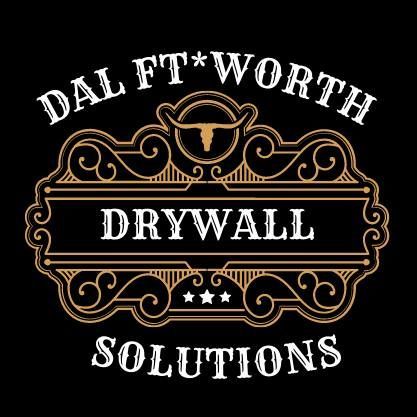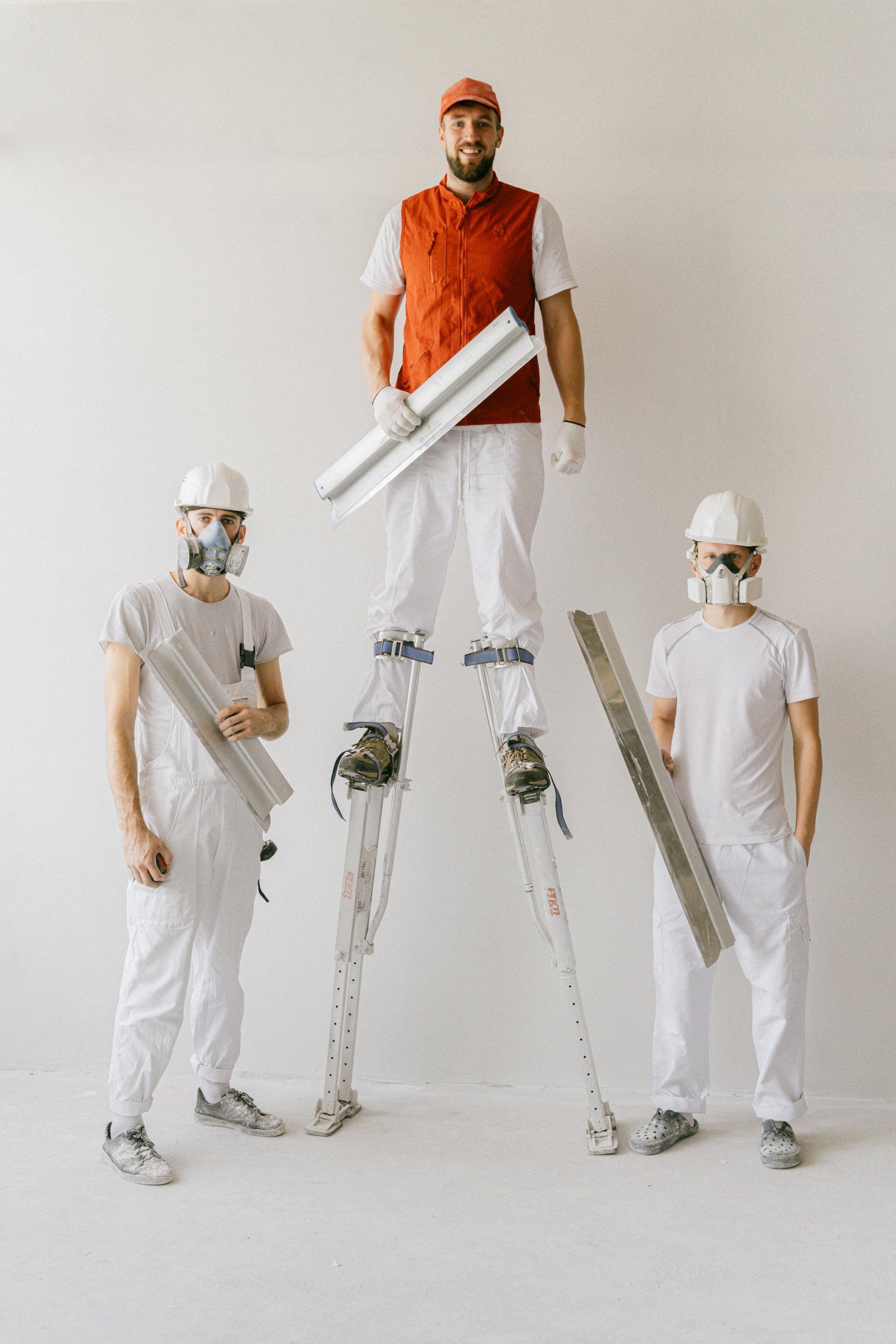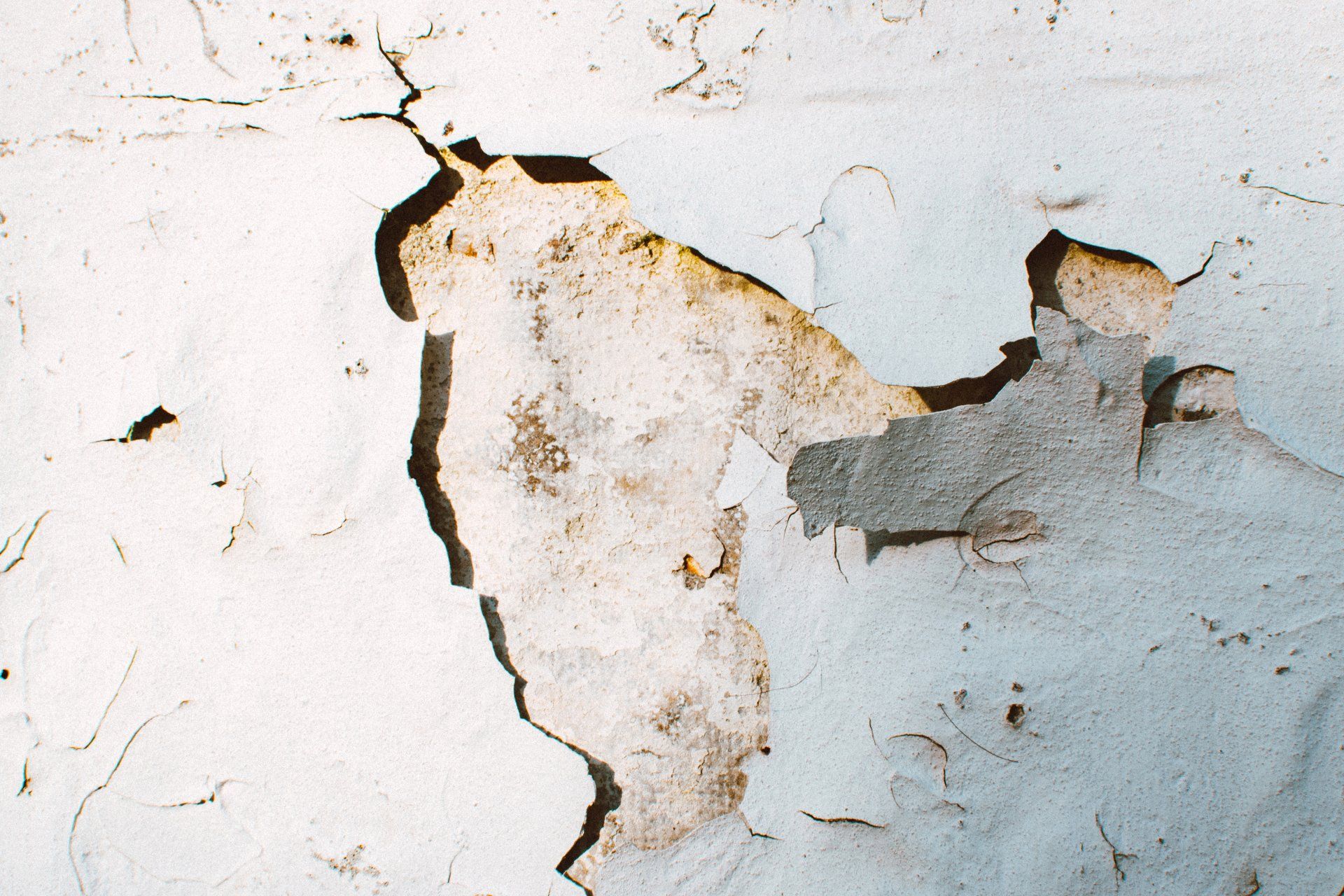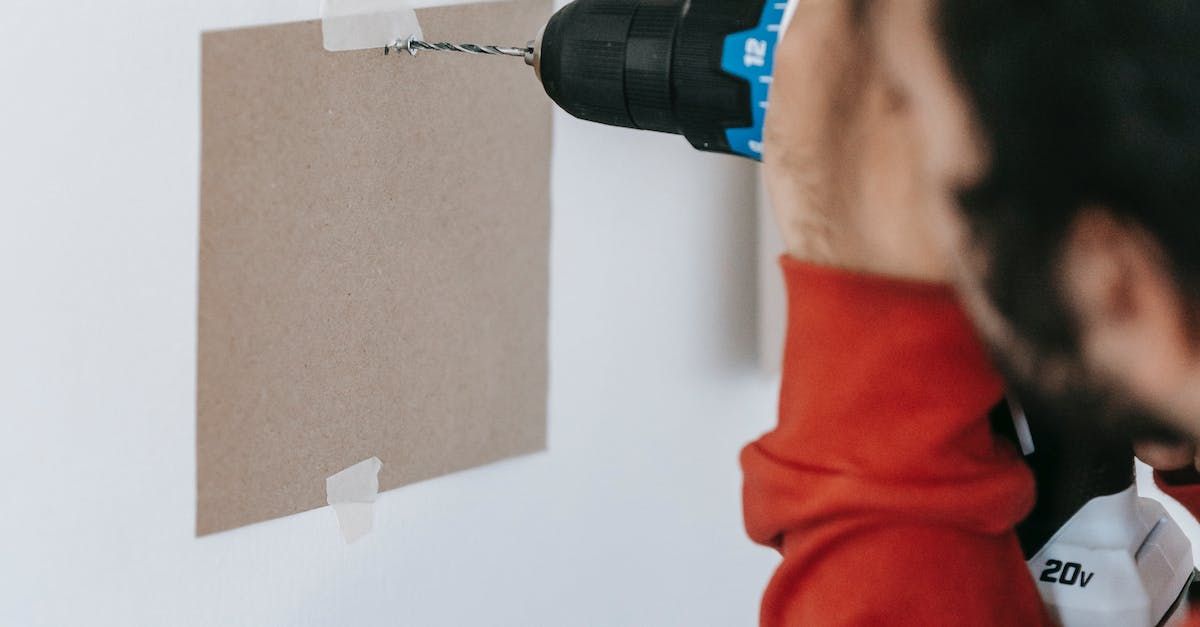How to Choose the Right Drywall Thickness for Your Home
Choosing the Right Drywall Thickness: A Comprehensive Guide for Homeowners
When building or renovating your home, selecting the correct drywall thickness is crucial to achieving the right balance of durability, insulation, and aesthetics. Drywall comes in various thicknesses, and each serves a specific purpose depending on where it will be used in your home.
Working with professional sheetrock contractors near you or
reputable drywall companies ensures that the correct materials are used for your project. Here, we’ll break down the different drywall thicknesses, their uses, and how to choose the right one for your home, while also explaining the importance of working with expert drywall contractors for optimal results.
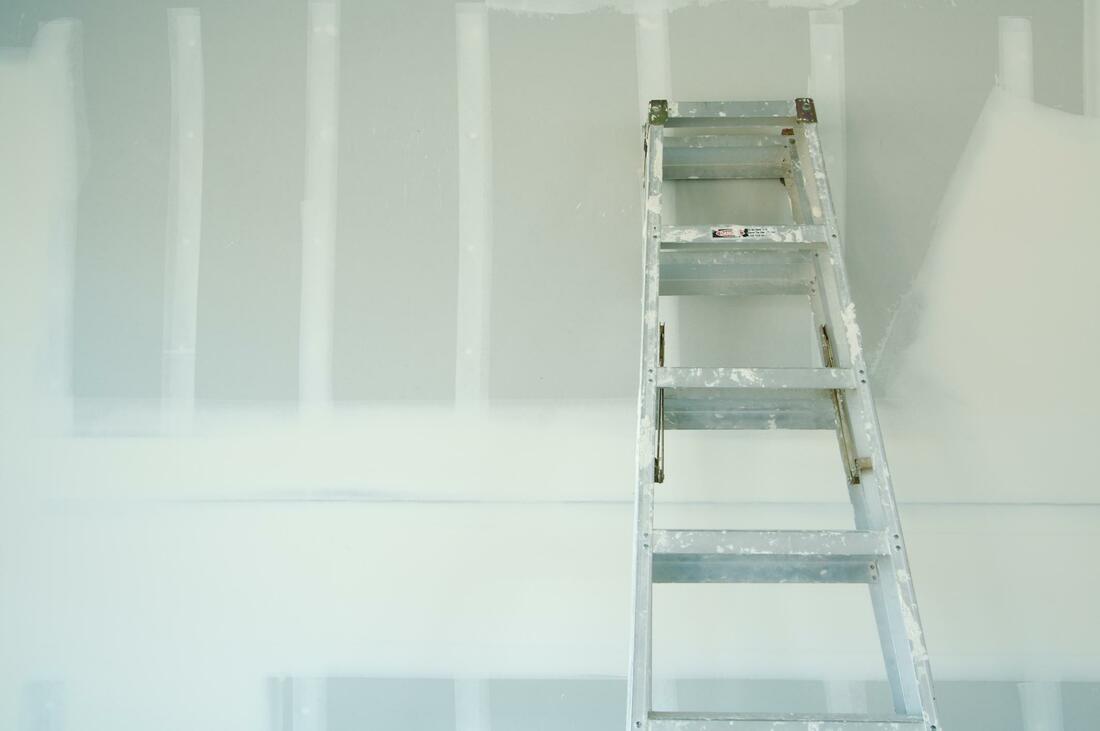
Common Drywall Thicknesses
There are four common drywall thicknesses that are widely used in construction: 1/4 inch, 3/8 inch, 1/2 inch, and 5/8 inch. Each thickness has specific uses based on factors like structural integrity, insulation needs, and fire resistance.
1. 1/4-Inch Drywall
1/4-inch drywall is the thinnest option available and is typically used in situations where flexibility is needed, such as for curved walls or to cover existing surfaces.
Because of its thinness, it is not ideal for primary wall construction, as it offers limited durability.
Best Use: Covering existing drywall or creating curved surfaces.
Professional Tip: Always hire experienced sheetrock contractors for installations involving thin drywall to ensure a smooth, durable result.
2. 3/8-Inch Drywall
3/8-inch drywall is a bit thicker than 1/4 inch and is often used for repairing or renovating walls.
It’s a common choice for adding a new layer of drywall over existing surfaces when the existing wall isn't removed.
Best Use: Renovations where adding a new layer over an existing wall is needed.
Expert Advice:
Hiring drywall repair near me services ensures that professionals will use the appropriate thickness, particularly for walls needing repair or renovation.
3. 1/2-Inch Drywall
1/2-inch drywall is the most common thickness used in residential construction and is suitable for most interior walls and ceilings.
It offers a balance of strength, durability, and cost-effectiveness, making it the go-to option for standard home projects.
Best Use: Interior walls and ceilings in most rooms.
Industry Insight: Most drywall contractors Dallas recommend using 1/2-inch drywall in standard rooms like living rooms, bedrooms, and hallways due to its versatility and ease of installation.
4. 5/8-Inch Drywall
5/8-inch drywall is the thickest option and is primarily used in commercial buildings or areas of a home that require additional fire resistance or soundproofing, such as garages, home theaters, or utility rooms. It is more durable and offers better sound insulation than thinner options.
Best Use: Fire-rated walls, soundproofing, and commercial construction.
Professional Advice: Working with expert wallboard contractors ensures that fire-rated 5/8-inch drywall is installed correctly for enhanced safety and performance.
Factors to Consider When Choosing Drywall Thickness
Several factors should be considered when selecting the appropriate drywall thickness for your home, including room type, insulation needs, fire safety, and local building codes. Consulting drywall services ensures that all of these factors are taken into account when making your choice.
1. Room Type and Function
The purpose of the room often dictates the best drywall thickness. For example, high-traffic areas like hallways may benefit from thicker, more durable drywall to prevent damage, while rooms like living rooms can typically use standard 1/2-inch drywall. For garages or utility rooms, the extra fire resistance offered by 5/8-inch drywall is recommended.
2. Soundproofing
Thicker drywall provides better sound insulation, making 5/8-inch drywall ideal for spaces where noise control is important, such as home offices, bedrooms, or media rooms. If soundproofing is a priority, consider using this thicker option in conjunction with insulation.
3. Fire Resistance
Fire-rated drywall, typically 5/8 inch thick, is required in certain areas of your home by building codes. Garages, for example, often need fire-rated drywall for safety reasons. Always consult with professional drywall contractors to ensure compliance with local regulations.
4. Curved Surfaces
If you’re designing a room with curved walls, 1/4-inch drywall is flexible enough to bend and shape around those curves. However, this type of drywall should only be used in specialized situations and must be installed by experienced sheetrock contractors for optimal results.
5. Cost
The cost of drywall installation depends on the thickness of the material, with thicker options generally being more expensive. Homeowners frequently ask, how much does 1000 sq ft of drywall cost? On average, installing 1/2-inch drywall in a 1,000 sq ft area can cost between $1,500 and $2,000, depending on labor and material costs. Hiring drywall contractors Dallas ensures that you receive an accurate estimate based on your specific needs.
Why You Should Hire Professional Drywall Contractors
Selecting the right drywall thickness is only half the battle—proper installation is just as crucial. Working with professional sheetrock contractors near me ensures that the drywall is installed correctly, offering long-lasting durability and performance. Professional contractors have the tools and expertise to:
Select the right thickness based on the room type, soundproofing, and fire safety requirements.
Ensure seamless installation, reducing the risk of future cracks or damage.
Provide repairs for any existing drywall issues.
Offer precise estimates on projects, whether you’re asking how much does 1000 sq ft of drywall cost or looking for repairs in a specific area like drywall repair Fort Worth.
Additionally,
professionals can address any unforeseen issues that may arise during installation, such as uneven surfaces, moisture damage, or structural concerns. Hiring drywall repair near me services allows you to ensure that repairs are handled by experienced contractors who understand the nuances of each drywall thickness and how to apply it to your specific project.
Final Thoughts on Choosing the Right Drywall Thickness
Choosing the right drywall thickness for your home is essential for creating a safe, durable, and visually appealing space. Whether you're renovating, repairing, or building from scratch, working with qualified drywall services ensures that you make the right decisions regarding materials and installation techniques.
If you’re unsure about the right thickness for your home, consider consulting drywall contractors Dallas or drywall repair Fort Worth experts. Their experience in the industry ensures that you receive the highest quality service, from selecting materials to completing the project on time and within budget.
